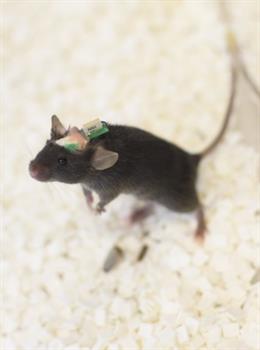Welle BIOElectrics Lab
 Lab
Mission
Lab
Mission
The BIOElectrics Lab mission is centered on the development and implementation of translational neurotechnology, with the goal of optimizing the effectiveness of neural interface devices to benefit patients with various neurological conditions.
The BIOElectrics Lab also focuses on understanding how peripheral neuromodulation induces structural and circuit plasticity in cortex, along with the implications for learning skilled motor tasks with an emphasis on novel neurotechnology and plasticity models of neurologic disease.
Collaborations and Tools
The BIOElectrics Lab is located at the Anschutz Medical Campus, providing it with numerous resources to further its exciting research. Dr. Welle is an Associate Professor of Neurosurgery and Physiology & Biophysics, enabling her lab to act as a bridge between the Departments of Bioengineering and Neurosurgery, with both departments’ resources at its disposal.
This lab utilizes advanced neuroscience research tools to explore the intersection between technology and the brain, while also working to train post-doctoral, graduate and undergraduate students.
Work We Do
We perform longitudinal electrophysiology and chronic in vivo microscopy to assess the dynamics of structural and functional neural circuits for multiple applications:
Brain Computer Interface (BCI) Systems
Using rodent models, we evaluate the long-term recording quality and tissue response to multielectrode recording electrode arrays implanted in primary motor cortex and the peripheral nervous system.
Neuromodulation to Accelerate Motor Learning
Vagal nerve stimulation (VNS) currently treats patients with epilepsy and depression. In addition, it may also produce cortical plasticity, and drive learning and rehabilitation. We are using animal models to understand the mechanisms of VNS-driven cortical plasticity, specifically to enhance motor learning.
For more information, visit http://www.bioelectricslab.com